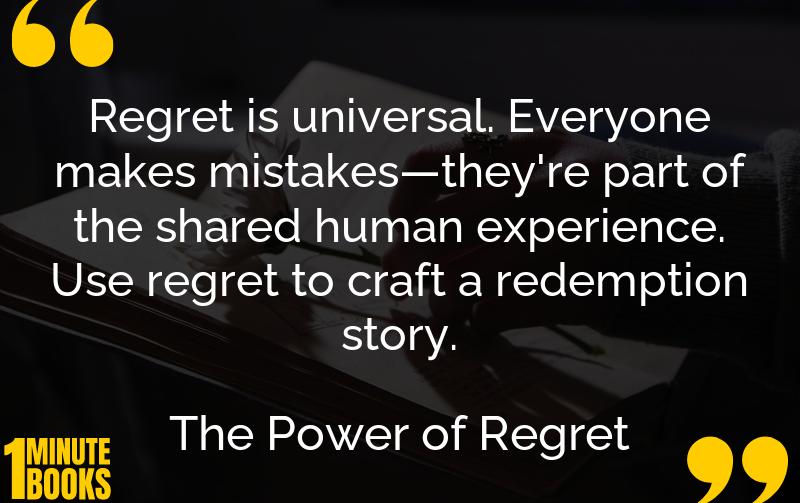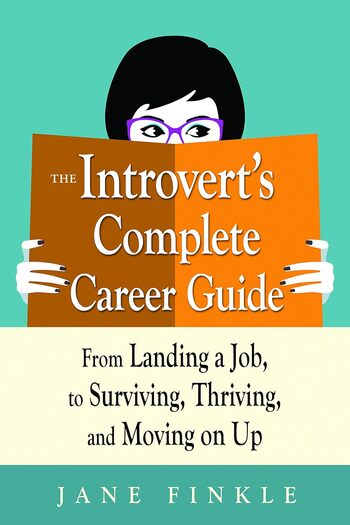
The book explores how regret, often seen as a negative emotion, can be leveraged for personal growth by crafting redemption stories instead of dwelling on missed opportunities.
Main Lessons
- Regret is a universal emotion experienced by everyone, and acknowledging this can relieve personal shame.
- Understanding regret helps us identify what truly matters in our lives.
- Regret can be a catalyst for crafting ‘redemption stories’, transforming negative past experiences into positive growth.
- There are four main types of regrets: foundation, boldness, moral, and connection regrets.
- Foundation regrets stem from failing to plan ahead or build a stable life platform.
- Boldness regrets arise from not taking opportunities or risks when they arose.
- Moral regrets are felt when personal ethics or values are compromised.
- Connection regrets occur when relationships falter due to neglect or disconnection.
- Anticipating and reflecting on weekly regrets can help prevent them from growing into significant life issues.
- Transforming regret into action can lead to character-defining moments.
- A significant portion of regrets involve inaction rather than incorrect actions taken.
- Creating a personal regret template for reflection can help foster a better, more regret-free future.








